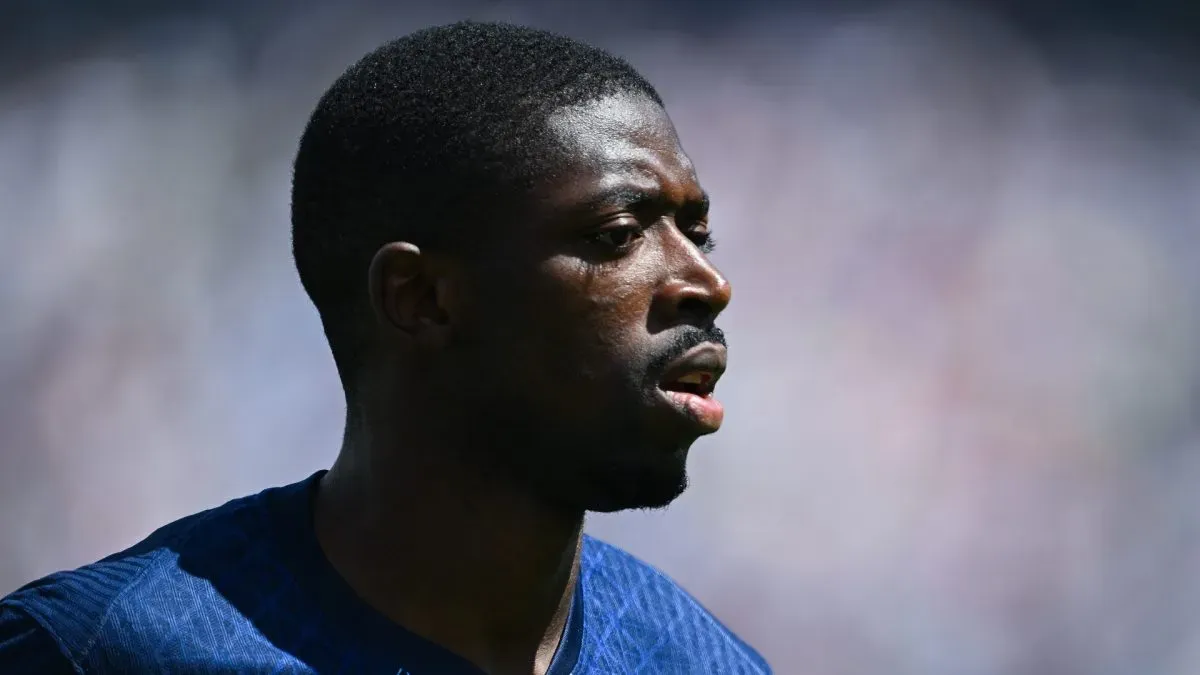Ballon d’Or World Cup curse: Why Dembele’s win could be a nightmare for France, and a relief for Spain ahead of 2026

Ousmane Dembele’s Ballon d’Or win could be bad news for France, and at the same time, a boost for Spain heading into the 2026 FIFA World Cup.
On Monday, France Football magazine awarded Ousmane Dembele his first Ballon d’Or in recognition of his outstanding performances during the 2024–25 season with Paris Saint-Germain. However, the news could be a major blow for France and a boost for Spain ahead of the 2026 FIFA World Cup.
The trophy awarded to Dembele guarantees that France will head into the next World Cup with the reigning Ballon d’Or winner in their squad. While this may seem like an honor — and a massive morale boost when competing for soccer’s top prize — history suggests it carries a heavy burden.
No reigning Ballon d’Or winner has ever gone on to win the World Cup. Since France Football introduced the award in 1956, there have been 17 editions of the tournament organized by FIFA — and never has the team with the reigning Ballon d’Or winner finished as world champion.
France will obviously try to break that curse in the United States, Canada, and Mexico in 2026, once they secure their spot through the European qualifiers. With a star-studded team featuring Kylian Mbappe and Dembele, they’re clearly among the tournament favorites.

Another national team that looks ready to contend for the World Cup is Spain. The reigning European champions, who just this month overtook Argentina for the No. 1 spot in the FIFA rankings, have earned their status as contenders under Luis De La Fuente. And Lamine Yamal’s Ballon d’Or defeat might actually serve as a psychological boost, if superstition plays a role.
The Ballon d’Or curse at the World Cup
The fact that no reigning Ballon d’Or winner has ever won the World Cup becomes even more intriguing when you consider how many of them actually reached the decisive match. Since Sweden 1958 — the first World Cup held after France Football launched the award —six reigning Ballon d’Or winners made it to the final with their national teams.
The first was Gianni Rivera, who in 1970 lost the final with Italy against Brazil. Four years later, the Netherlands, led by Johan Cruyff, fell to West Germany. In 1982, Karl-Heinz Rummenigge came up short with Germany in the final against Italy. It was then Italy’s turn to suffer heartbreak in 1994, losing the final to Brazil despite having Roberto Baggio in the squad. In 1998, Ronaldo Nazario carried Brazil to the final, but they were beaten by France.
Messi dodged the Ballon d’Or curse
The sixth and most unusual case came at Qatar 2022 — the first World Cup moved out of its usual summer window in the northern hemisphere, in order to avoid the extreme heat in Doha. That scheduling shift meant Lionel Messi, who had won the award in 2021 and would typically have entered the June tournament as the reigning Ballon d’Or winner, was overtaken by Karim Benzema.
In August 2022, the then-Real Madrid forward won the Ballon d’Or thanks to his outstanding club-level performances, including a Champions League title. Benzema was called up by Didier Deschamps to be part of France’s World Cup squad. However, due to injury and internal conflicts, he never stepped on the field — although he remained on the official roster, wearing the No. 19 jersey.
In the World Cup final, it was Argentina and France who faced off — and once again, the tradition held. The team that included the reigning Ballon d’Or winner, France, lost on penalties. The title went to Lionel Messi’s Argentina.
Related Articles
Live Updates: After Meeting With Zelensky at U.N., Trump Shifts Stance on Russia
President Trump said Ukraine might be able to reclaim all its lost...
Manchester United reportedly targeting Christian Pulisic’s star teammate at AC Milan
Christian Pulisic could receive another squad blow as Manchester United are reportedly...
Christine Brown Says Kody Actually Isn’t an Awful Person
Reading Time: 3 minutes We hope you’re sitting down, Sister Wives fans....
NATO issues warning to Russia over Estonian airspace violation
On Tuesday, Russia received a warning from NATO following a “pattern of increasingly...








Leave a comment